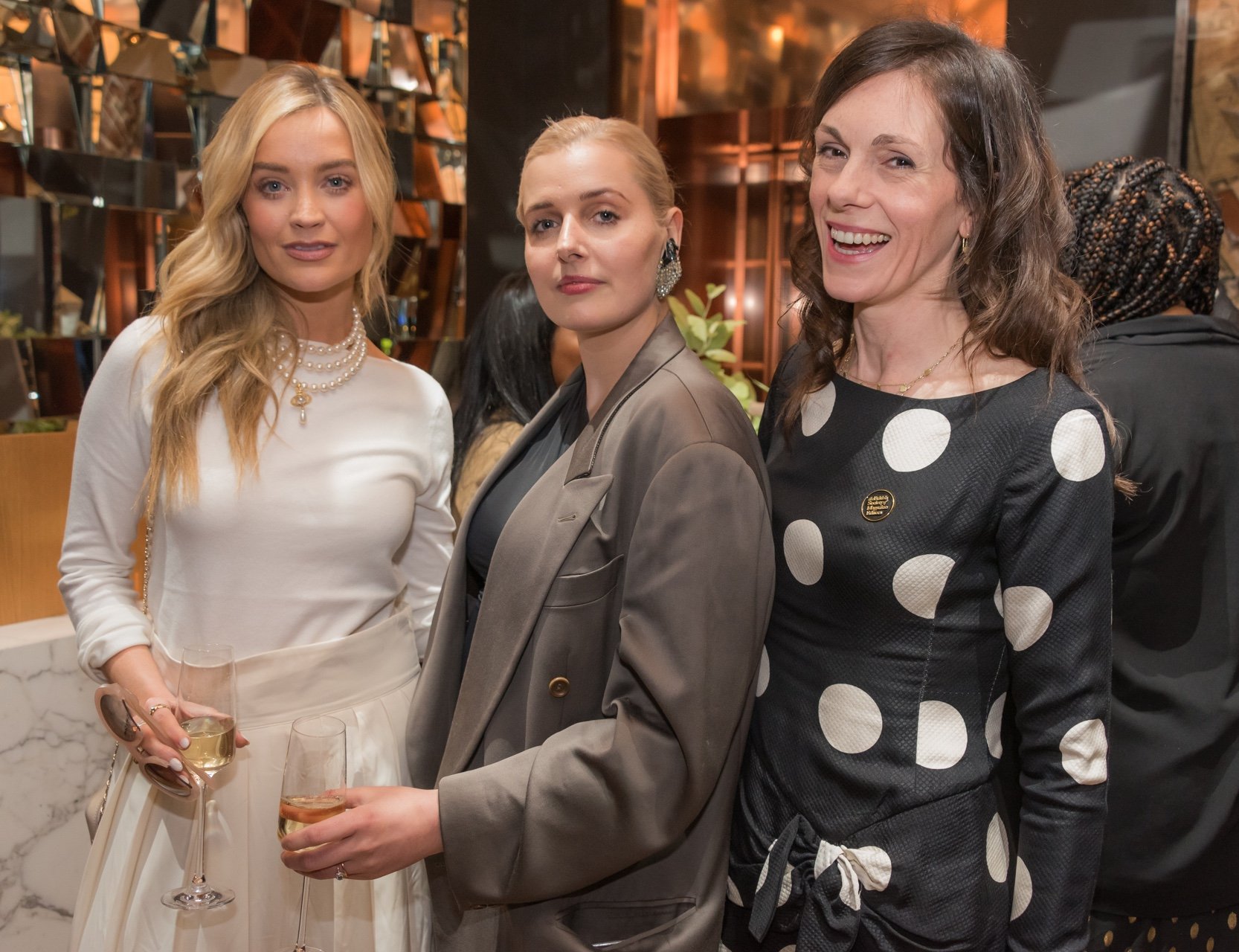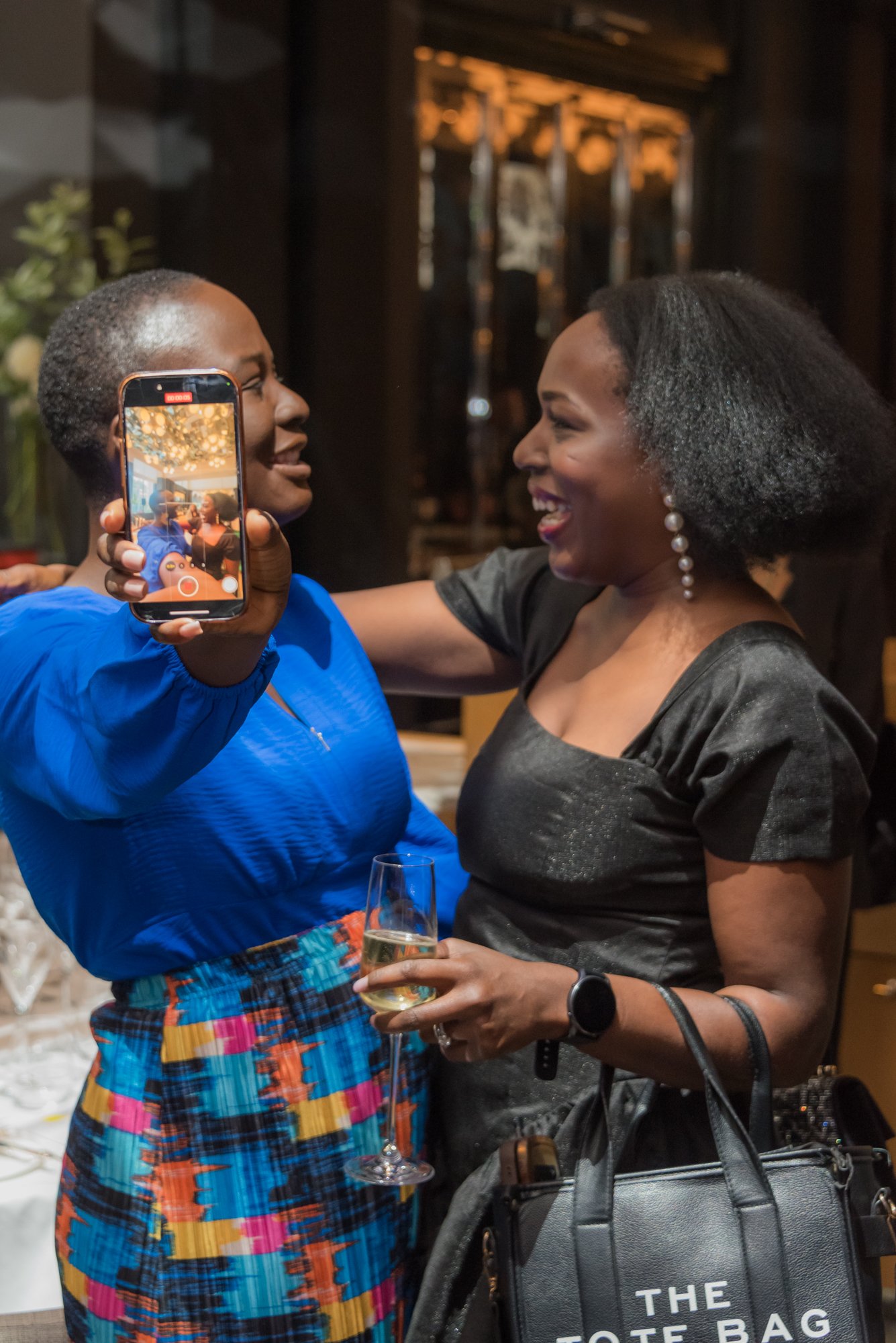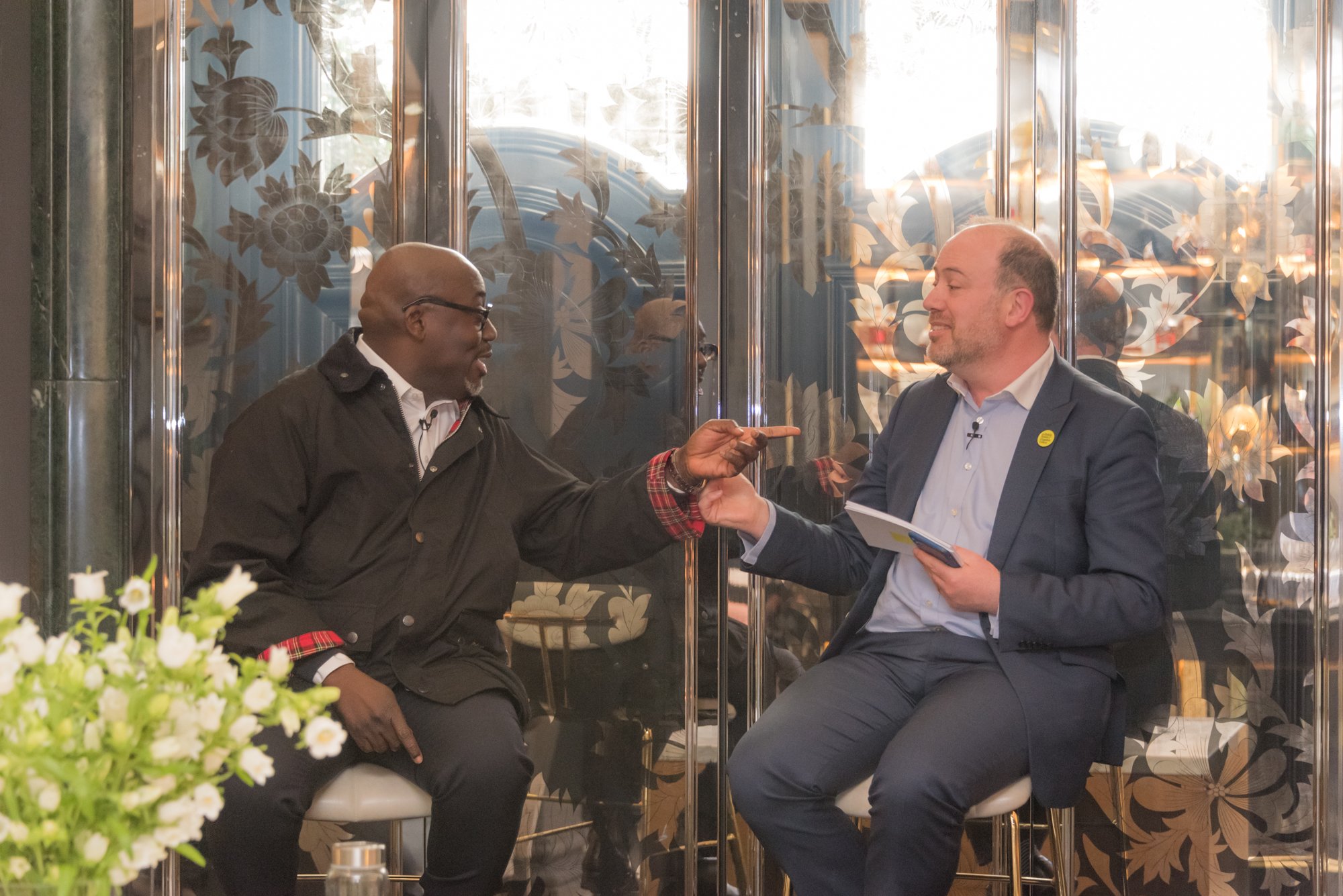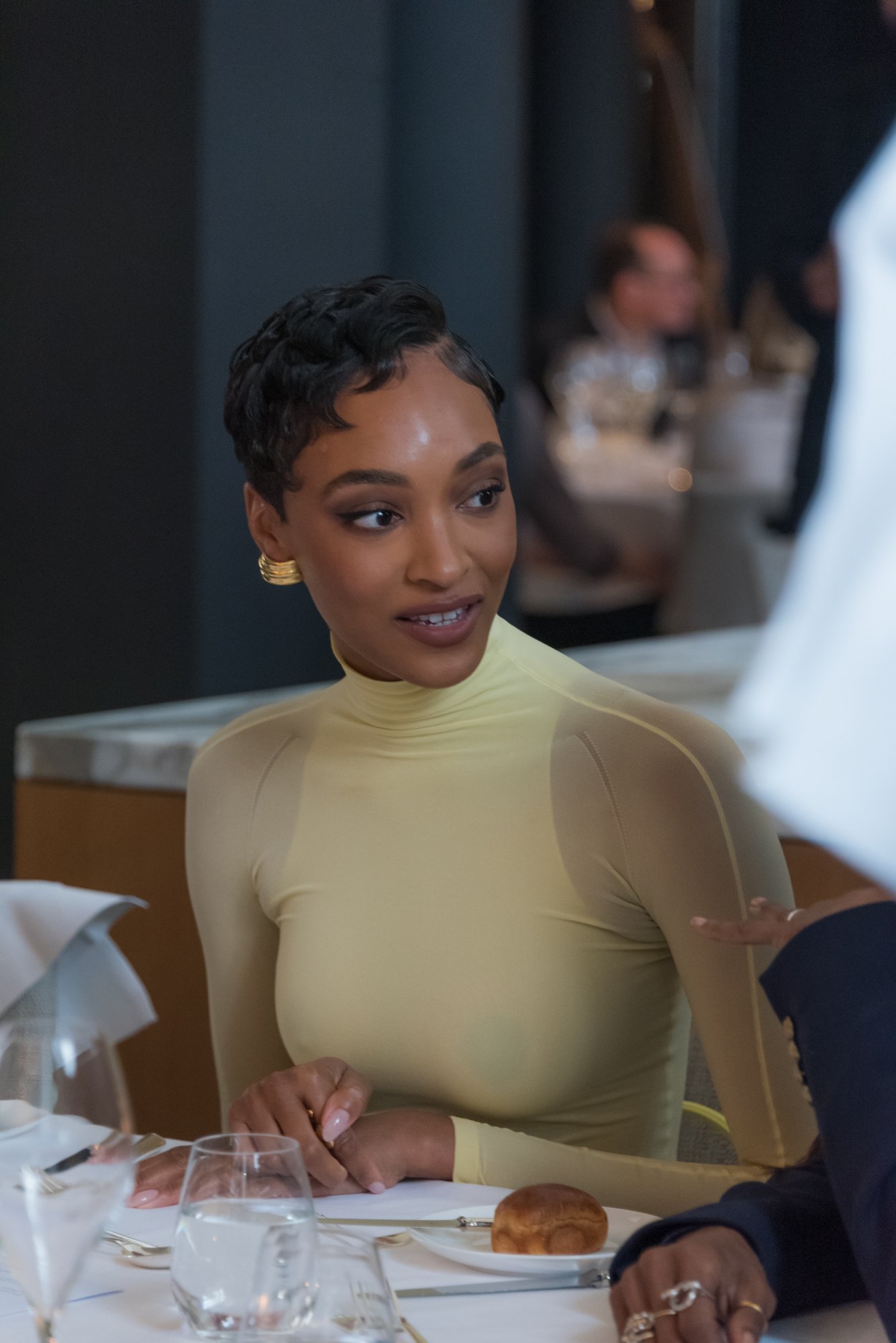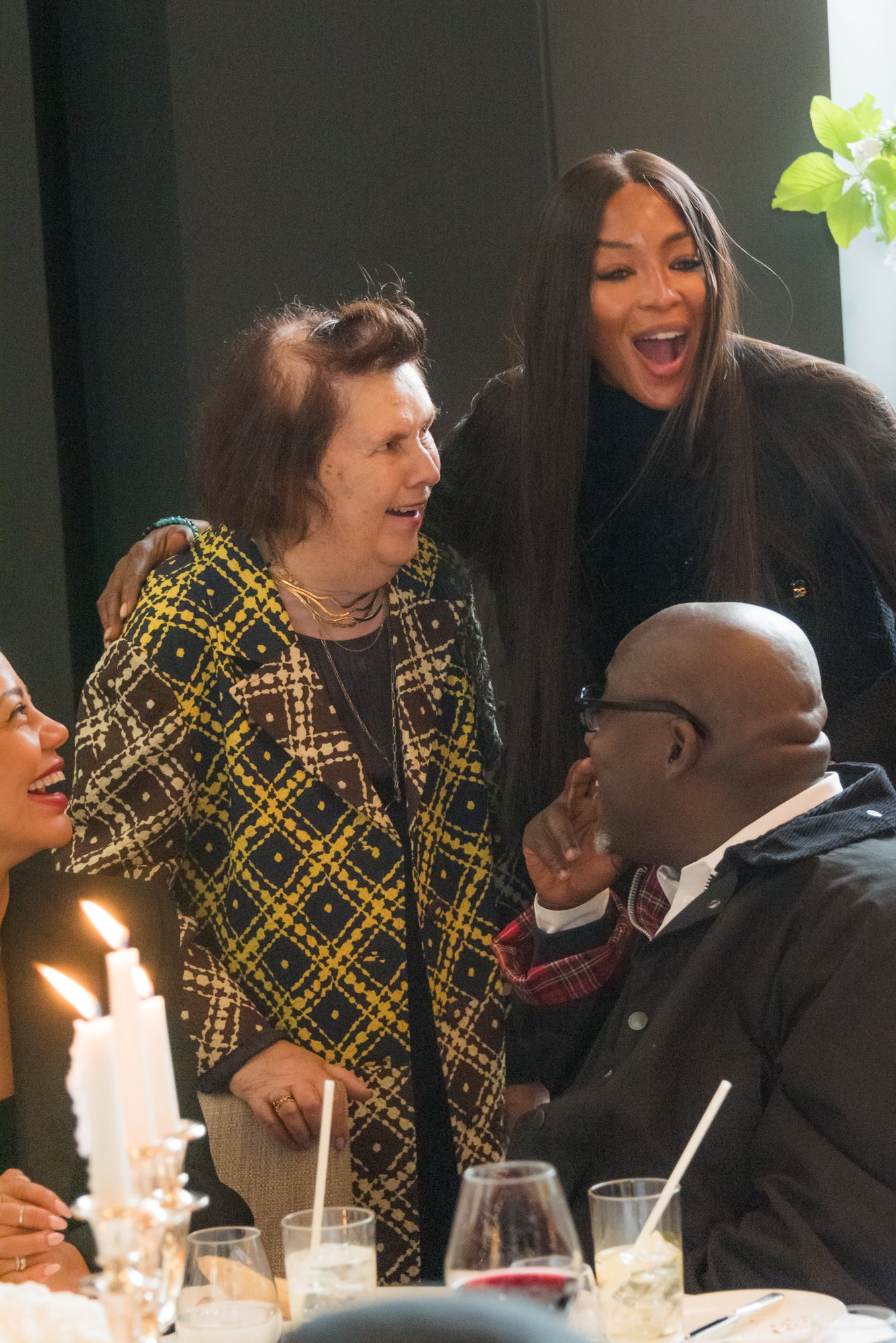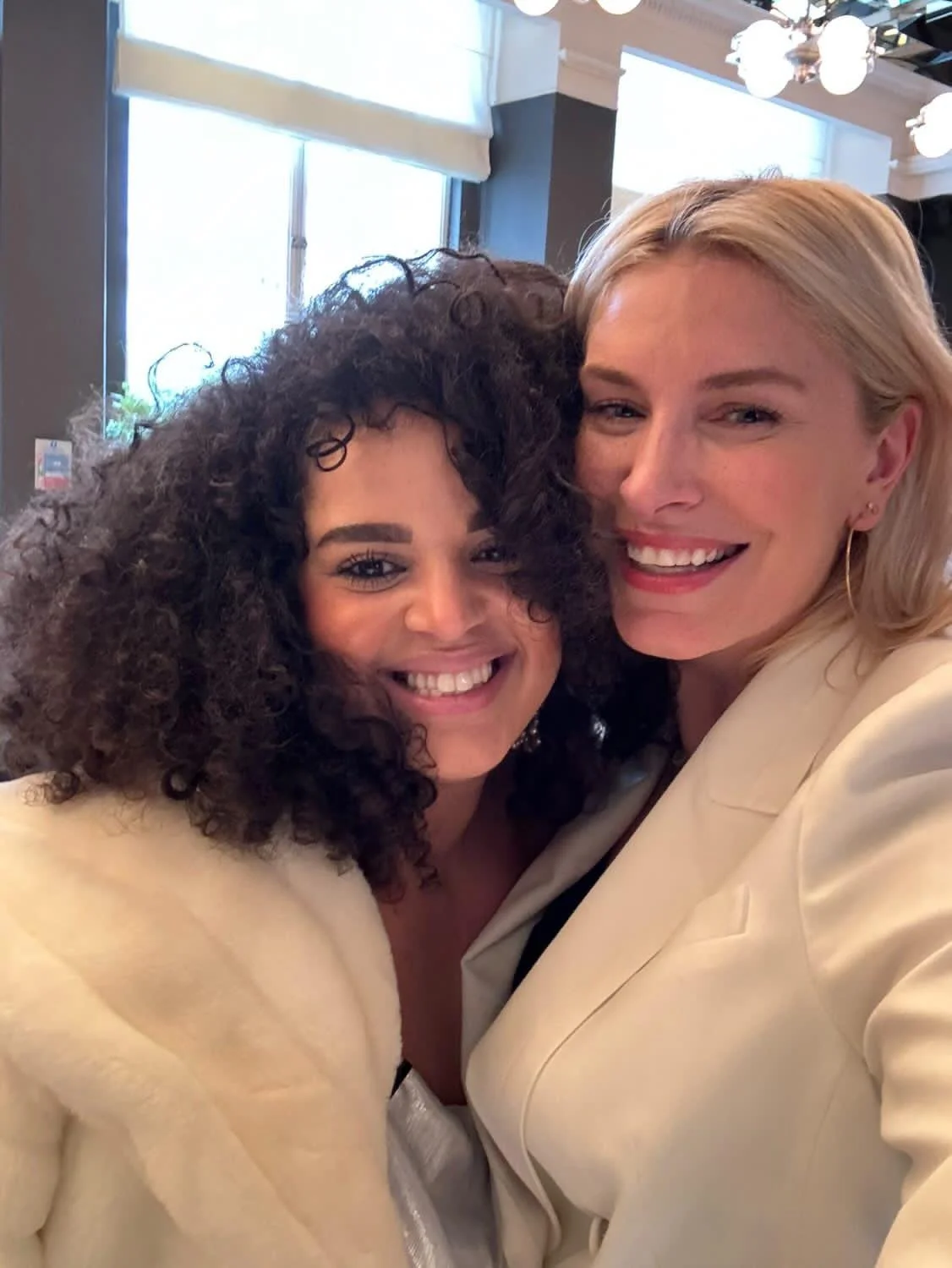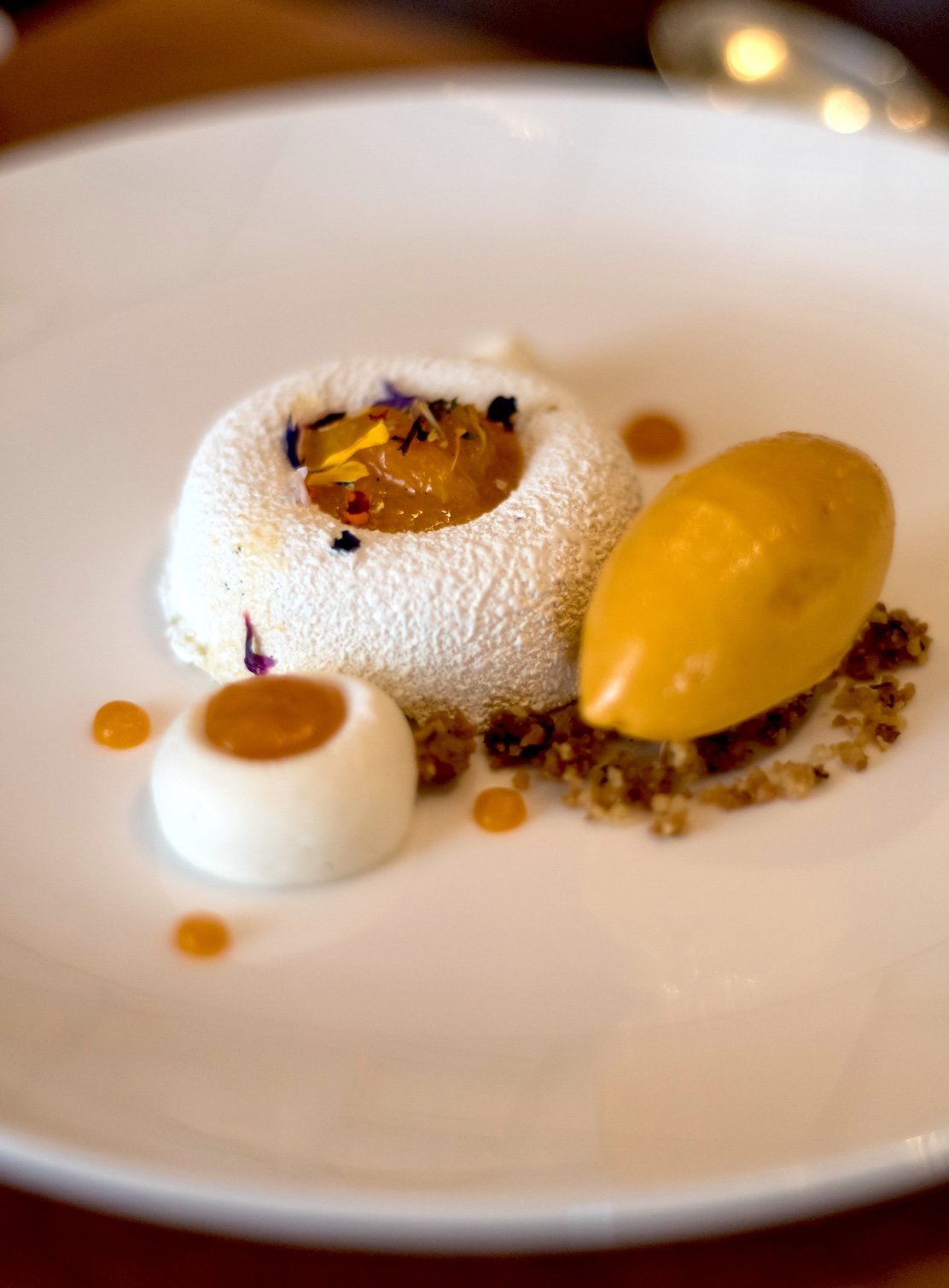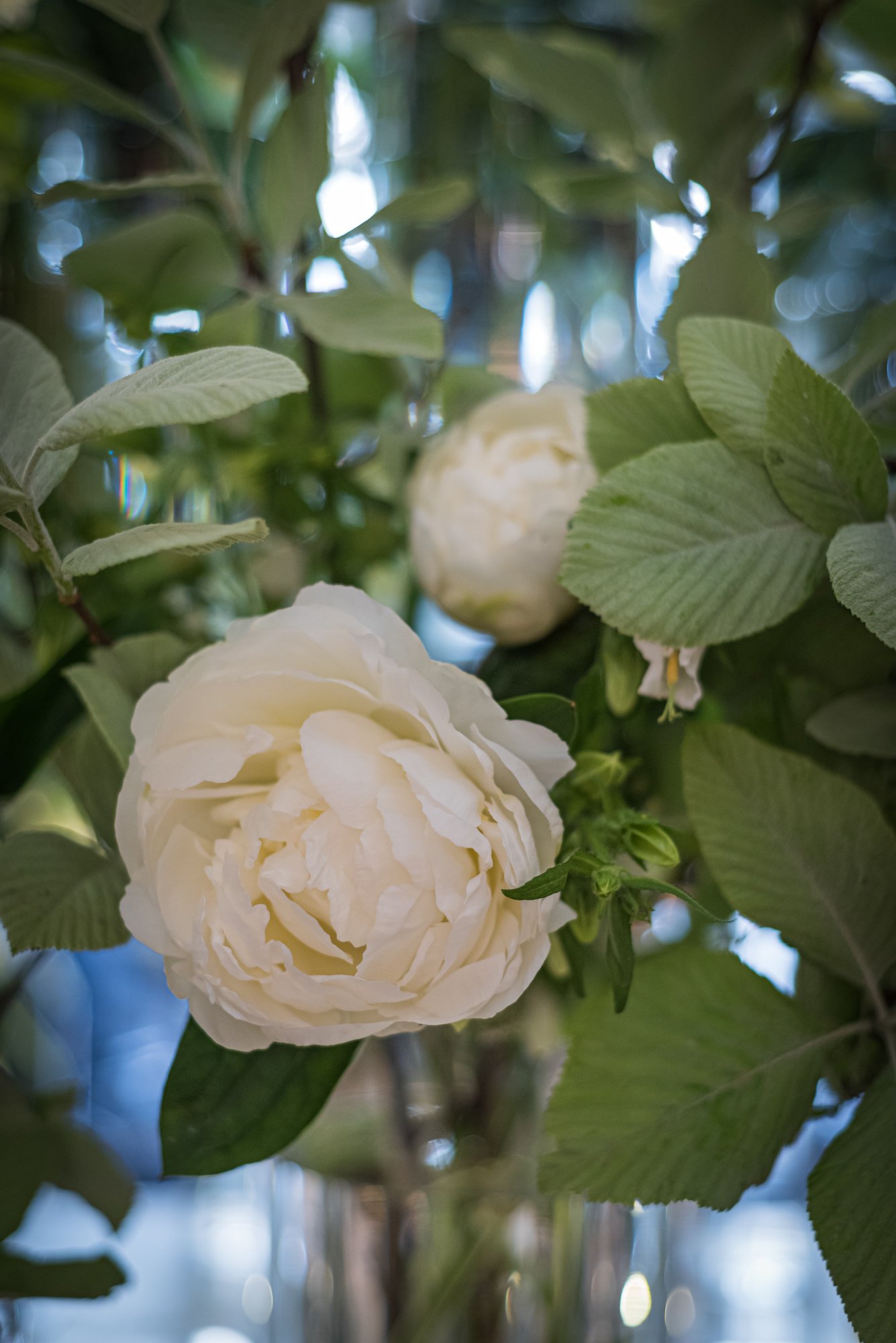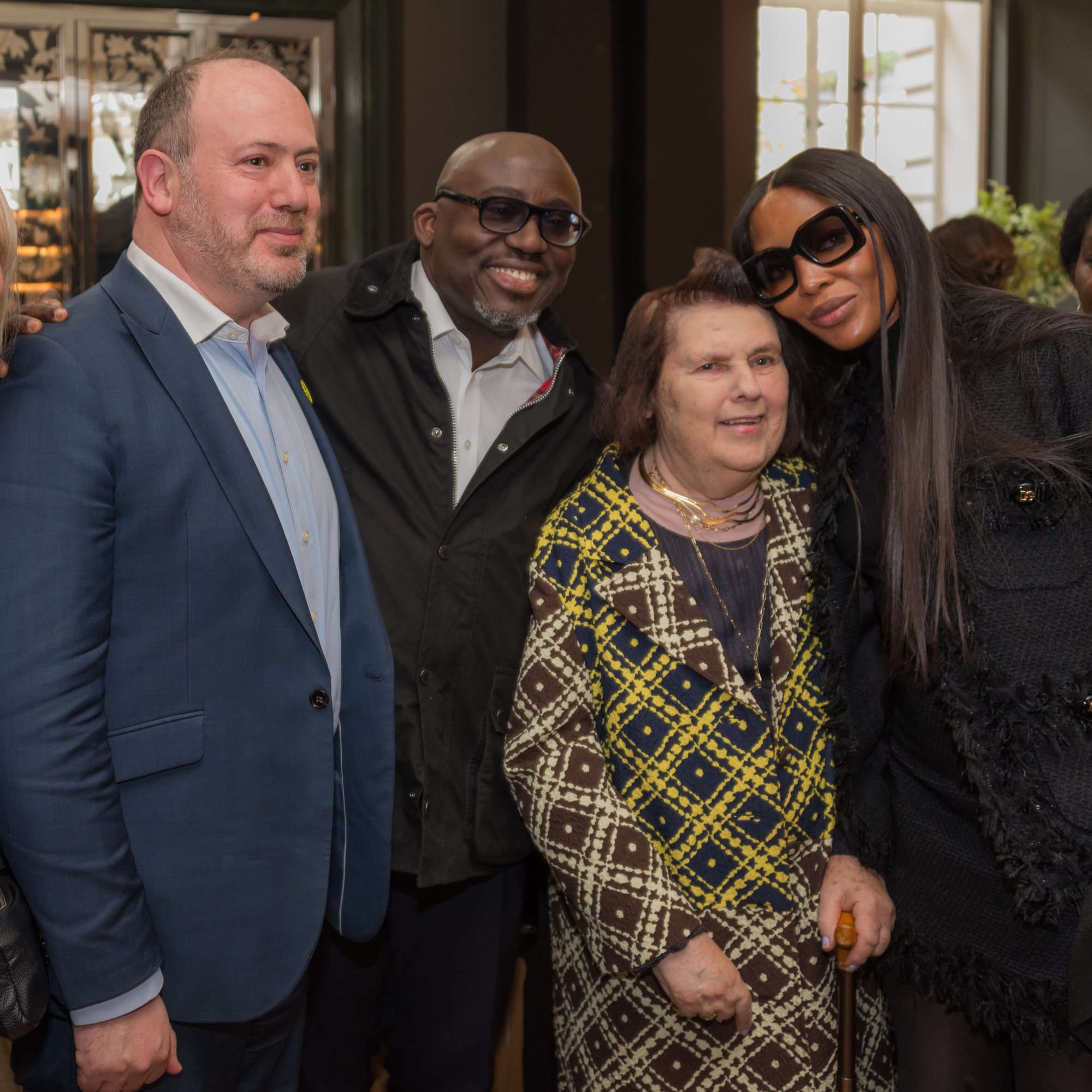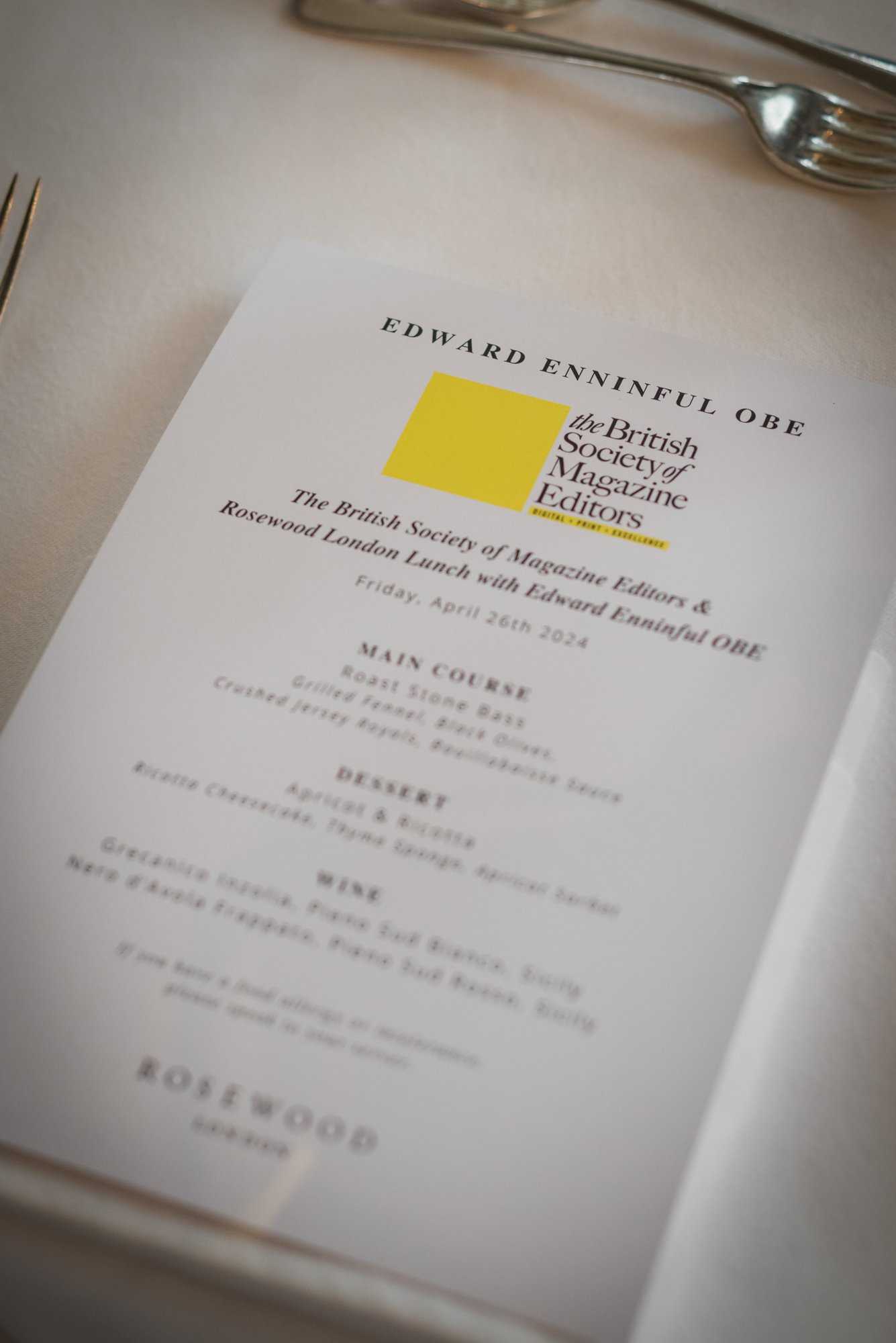The BSME hosted an unforgettable lunch with fashion and magazine trailblazer Edward Enninful OBE, who had been at the helm of British Vogue for six years before becoming global creative and cultural advisor for Vogue and editorial advisor for British Vogue.
BSME members and special guests gathered in the elegant Mirror Room at Rosewood London to hear Edward candidly discuss his rise from fashion director of i-D at the age of 19 to becoming the first black editor-in-chief of British Vogue, the transformative power of magazines, the importance of continuing to drive diversity and inclusion in the industry, and more. We also couldn’t help but ask about his iconic final cover for British Vogue, which served as a brilliant culmination of the indelible mark he’s left on the fashion industry.
“I wanted to create a magazine where everybody could be seen. My mother always said, ‘If you can see it, you can be it’.”
We’d like to extend a very warm thank you to Edward, our guests and Rosewood London for hosting a truly memorable event.
Guests included Naomi Campbell, Jourdan Dunn, Laura Whitmore, Vick Hope, Emma Weymouth and Twiggy.
Photography by David Cotter
VIDEO
LEARNINGS
The BSME hosted a special lunch last week with fashion and magazine legend, Edward Enninful OBE, the youngest-ever fashion director for i-D magazine and the captain who steered the British Vogue ship for almost six and a half years.
BSME members and special guests gathered in the elegant Mirror Room at Rosewood London, in Holborn, to hear from Edward on his final Vogue cover, how he put diversity at the heart of Vogue issues during his time there and what lies ahead for him.
“Over the past six and a half years [the magazine] was really about different types of women, different ages, socioeconomic backgrounds, religion, sexuality, so it couldn't be one for my last one.”
Regarding his last cover featuring 40 of the top women in the industry, he said, “To be honest, I thought this is never going to happen. They will never be available. Oprah was the first to say ‘yes’ and the rest is history.”
Over the course of his time at Vogue, Enninful put in a lot of effort into the cover of each issue. “I know that it's my duty as an editor to sometimes challenge the notion of sales. So I know when you put Malala on the cover, she might not sell as well as Rihanna, but it's our duty to show women who are out there fighting. I wanted to create a magazine where everybody could see themselves. People who have been ‘othered’. My mother always said, “If you can see it, you can be it.”
The journey hasn't been smooth - changing and evolving a mighty brand like Vogue wasn't easy. “Someone from Conde Nast told me that diversity equals down-market. There's this myth in the media that if you're the other, you don't sell.”
The iconic 2008 black cover of Vogue Italia left a huge impression on his mission to foster inclusivity to the industry. “I remember thinking (when Vogue Italia’s 2008 Black issue came out), wouldn't it be amazing to not have specials, to not have a size issue, a black issue, but to just live in a world where every magazine every month features everybody? So that was really what I wanted to bring to British Vogue.”
So much has changed since he first took the role of the editor in 2017. According to Enninful, in a digital world and age, print is a luxury. “We can no longer look at print in isolation. The more the digital space grows, the more we can spend on our print product.”
Brands cannot follow the same algorithms they followed a decade ago. They have to be agile and reinvent with the times. “You have to respect the history and heritage (of a brand) but you can't be bogged down by it. You have to meet the moment, meet the time period. You have to meet the audience, whether they are on TikTok or Instagram”
Enninful stressed the importance of inclusivity in the media. “There's this myth in fashion, let's get young kids and then they can work their way all the way to the top. Half the time, kids from diverse, middle-class backgrounds cannot last that long in certain environments. I feel like it's so important to think of a mid-level and a top-level, so we don't have to wait for little black and brown kids to start from the bottom and work their way up in 30 years. Sometimes a place doesn't allow for that, so C-suite is important and mid-level management is important.
Having multiple mentees under his wing and being mentored by the likes of Franca Sozzani, Enninful elaborated on the importance of mentoring in the industry. “Mentoring is so important. It's such an important part of what we do, because it makes people feel like they belong, because the media industry can be quite scary for people who are from the outside. So we just need people who can make people feel like they belong.”
We asked Enninful to speculate on his legacy and the most important lessons he can pass on. “Being black, gay and disabled has taught me empathy. We have to approach what we do with empathy. Think of people who have been ‘othered’. I always believed that a multitude of voices is better than one.”
“We can't lose momentum. The media industry changes a lot, but we have to keep fighting for the ‘other', we have to still fight for people who need to be seen, who need to be heard, so we have to keep going.”
Takeaways from the discussion written by Devangi Sharma, MA magazine journalism student at City, University of London.
















